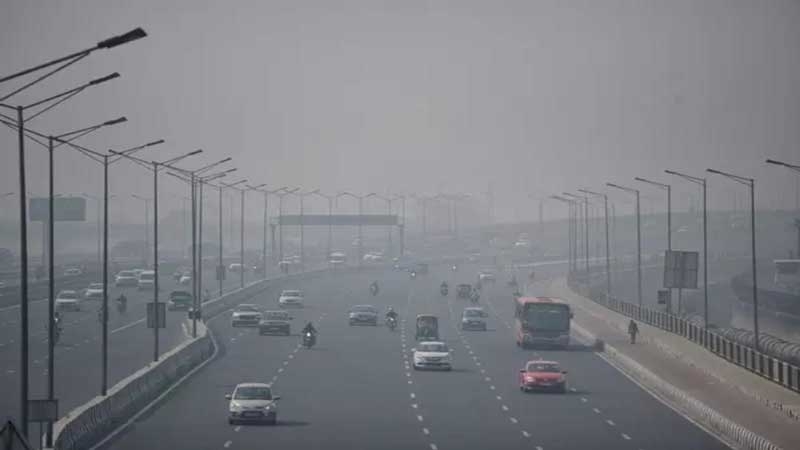India’s overall air quality improves; challenges loom

New Delhi: Indian cities have made sufficient progress as far as controlling air pollution is concerned, successfully reducing 27% in PM2.5 pollution levels between 2019 and 2024, as per a report by climate tech firm Respirer Living Sciences. Besides this, cities under the National Clean Air Programme (NCAP) have done exceedingly well with a 24% decline in pollution levels during the same period.
Several cities have made remarkable progress in this regard, such as Varanasi, which reduced PM2.5 levels by an inspiring 76%, while Moradabad achieved a 58% reduction. Numerous cities have done well, like Kalaburagi (57.2%), Meerut (57.1%), Katni (56.3%), Agra (54.1%), Baghpat (53.3%), Kanpur (51.2%), and Jodhpur (50.5%).
Despite the improvement in air quality, challenges are still looming, especially in northern India, like Delhi-NCR, Rajasthan, Haryana, Punjab, and Uttar Pradesh, because many cities are still in the grip of pollution. Delhi recorded PM2.5 levels of 107 micrograms per cubic meter in 2024, with Gurugram (96.7), Faridabad (87.1), Sri Ganganagar (85.5), and Greater Noida (83.9).
Also Read: Drone technology: A revolution in mango farming in India
India started NCAP in 2019, aiming to reduce particulate pollution by 20-30% by 2024, using 2017 as the baseline. The target was later revised to a 40% reduction by 2026, using 2019-20 as the baseline.
Ronak Sutaria, founder of Respirer Living Sciences, stressed the mixed results: “India’s air quality is a story of both hope and caution. While cities like Varanasi have achieved remarkable progress, severe pollution episodes persist in northern regions.”
This progress shows sustainable effort on the part of pollution control departments to mitigate air pollution and improve the health conditions of the people. But the road is tough; it needs courage and determination to overcome such a complex issue.


